Martial Peak Reviews
Petite Fleur by M.C. Luna is a gripping exploration of the human psyche, wrapped in a narrative that intertwines romance, horror, and psychological intrigue. The novel follows Maeve Henderson, a woman who feels trapped in a mundane existence, yearning for something more profound. This quest for fulfillment leads her to Dr. Leon Aldon, a complex character whose sociopathic tendencies and dark secrets create a compelling tension that drives the story forward.
Thematically, the book delves into the duality of human nature—the light and dark that coexist within us all. Maeve represents the archetype of the innocent soul, a character who embodies warmth and docility. However, as the plot unfolds, we see her grappling with her own desires and the darker aspects of her personality. This internal conflict is beautifully illustrated through her interactions with Leon, who serves as both a catalyst for her transformation and a reflection of her hidden yearnings.
Leon Aldon is a fascinating character, crafted with layers that reveal the complexities of his sociopathic nature. His obsession with Maeve is both alluring and terrifying, creating a push-and-pull dynamic that keeps readers on edge. Luna does an excellent job of portraying Leon's internal struggles, allowing us to glimpse the monster beneath the surface while also evoking a sense of sympathy for his character. This duality is reminiscent of characters found in works by authors like Gillian Flynn, where the line between hero and villain is blurred, leaving readers questioning their own moral compass.
One of the standout elements of Petite Fleur is its ability to evoke strong emotions. The narrative is rich with tension, and Luna's writing style enhances this atmosphere. The prose is vivid and immersive, drawing readers into Maeve's world and making them feel her frustrations and desires. The pacing is well-executed, with moments of suspense that keep the reader engaged while allowing for character development to unfold naturally.
As Maeve becomes more entangled in Leon's life, the story takes a darker turn, exploring themes of acceptance and the nature of love. Can Maeve truly accept Leon for who he is, or will his darkness ultimately consume her? This question looms large throughout the narrative, prompting readers to reflect on their own definitions of love and acceptance. The exploration of these themes is particularly poignant in today's society, where the lines between love and obsession can often become blurred.
Moreover, the book's title, Petite Fleur, serves as a metaphor for Maeve herself—a delicate flower that is both beautiful and vulnerable, yet capable of thriving in the most adverse conditions. This symbolism resonates throughout the story, as Maeve navigates the treacherous waters of her relationship with Leon. The juxtaposition of her fragility against Leon's darkness creates a compelling narrative tension that keeps readers invested in their journey.
Luna's decision to rewrite her previous work, Scar, is a bold move that pays off. The enhancements in character depth, plot complexity, and emotional resonance make Petite Fleur a more refined and engaging read. The promise of "more spice, gore, and deranged characters" is fulfilled, as the story unfolds with unexpected twists that challenge the reader's expectations. This evolution in Luna's writing showcases her growth as an author and her ability to craft a narrative that is both thrilling and thought-provoking.
In comparison to similar works in the genre, Petite Fleur stands out for its psychological depth and character-driven narrative. While many thrillers focus on plot twists and action, Luna's emphasis on character development elevates the story, making it a more profound exploration of the human condition. Readers who enjoy the psychological intricacies found in works by authors like Tarryn Fisher or Anna Todd will likely find themselves captivated by Maeve and Leon's tumultuous relationship.
Overall, Petite Fleur is a masterfully crafted tale that explores the complexities of love, acceptance, and the darker aspects of human nature. M.C. Luna has created a world that is both haunting and beautiful, populated by characters that are impossible to forget. The emotional depth and psychological tension make this novel a must-read for fans of dark romance and psychological thrillers. As Maeve and Leon's story unfolds, readers will find themselves questioning their own perceptions of love and the monsters that may lurk within us all.
In conclusion, Petite Fleur is not just a story about a woman and her sociopathic love interest; it is a profound exploration of what it means to be human, to love, and to confront the darkness that resides within. M.C. Luna has delivered a compelling narrative that will resonate with readers long after they turn the final page.
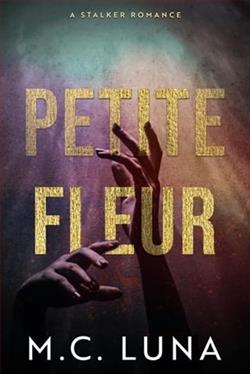


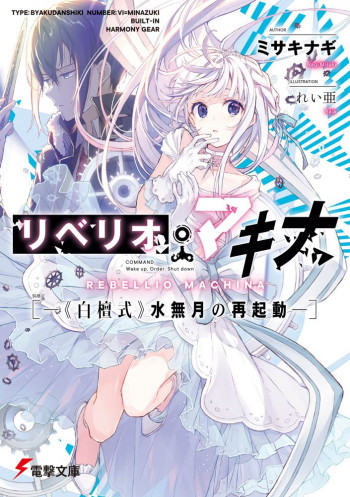
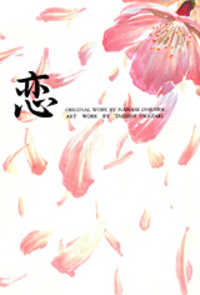
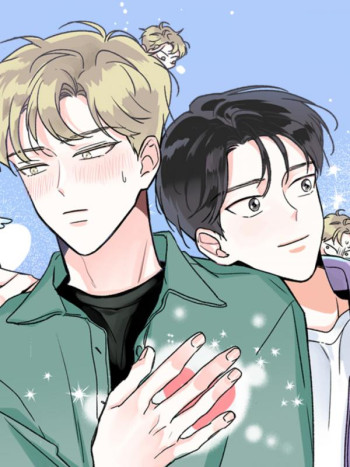

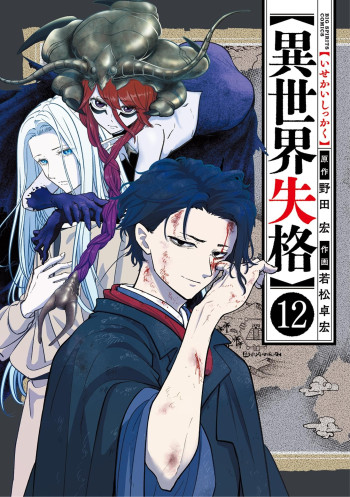

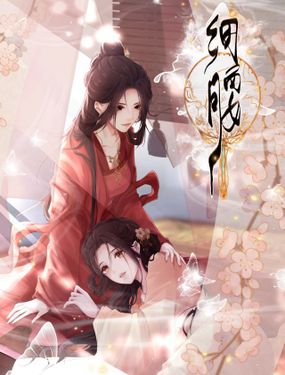


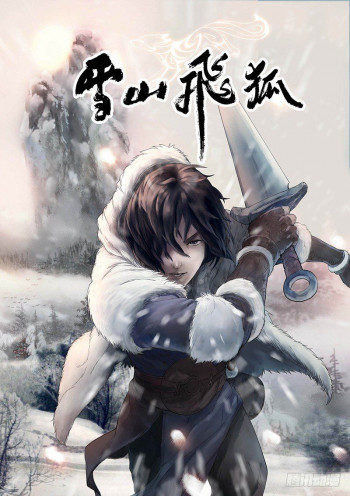










Reviews 0
Post a Reviews: